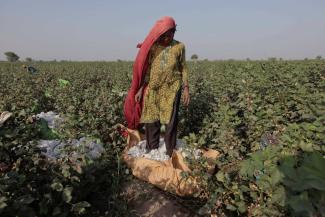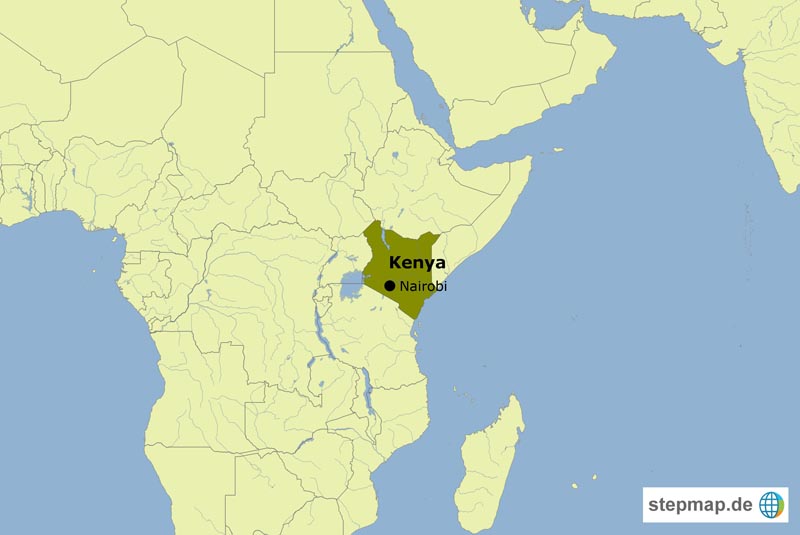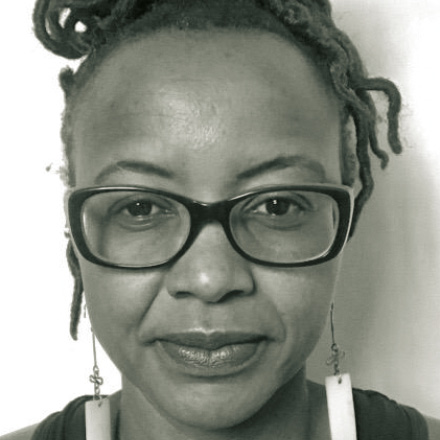Labour rights
Dangerous cotton harvest

As most cotton pickers have informal jobs, they are not registered. Accordingly, there are no reliable statistics. In Pakistan, the province of Sindh is the second most important cotton region after Punjab, and it accounts for about 1 million cotton pickers. That is the estimate of Javed Hussain of the independent Sindh Community Foundation. He assumes that three quarters are women (in regard to unequal gender opportunities in Pakistan, see Mahwish Gul on www.dandc.eu). They work in the burning sunlight without any kind of protection. Some of the women are even pregnant. Risks include hand wounds, contact with dangerous insects and pesticide contamination.
Pesticides are a slow poison that eventually affects cotton pickers’ health, says Khalid Mahmood Khokhar of the Pakistan Kissan Ittehad, a farmer's union. He wants the central government and the provincial governments to do more to protect farm workers workers (regarding pesticide use in Africa, see Patrick Ajwang on www.dandc.eu).
Bonded labour is an issue too, insists Akram Khaskheli of the non-governmental Hari Welfare Association. According to him, cotton pickers earn about 350 to 500 Pakistani rupees per day. That is the equivalent of € 1.75 to € 2.60. To earn the money, they must pick 30 to 40 kg of raw cotton, which is called “phutti”. Greater amounts are hardly feasible. The women’s meagre incomes are not enough to make ends meet, the activist says. According to him a legal minimum wage of 1000 rupees for 40 kg would be appropriate.
He raises an additional demand: “The government should start registration of women workers involved in cotton picking to provide them benefits of health and social security.”
Imran Mukhtar is a journalist based in Islamabad.
imranmukhtar@live.com
Twitter: @imranmukhtar














